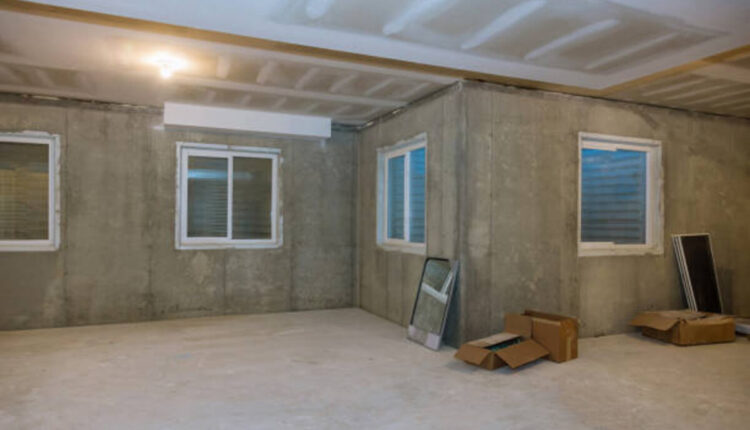Understanding the Interconnection Between Climate Change and Basement Waterproofing Needs
While climate change increasingly affects weather patterns globally, homeowners are facing new issues in maintaining their homes’ reliability. One crucial area affected by these alterations is basement waterproofing. Although homeowners may think of waterproofing as a one-time fix, the change demands ongoing consideration and adaptation. Often, the remarkable fact about HPDry basement waterproofing is Harrisburg, PA.
How State Change Alters Basement Basement Waterproofing Needs
Increased Rainfall along with Flooding: One of the most noticeable aspects of climate change is the escalation in rainfall and the frequency of heavy storms. These more intense weather patterns can overcome existing drainage systems, ultimately causing more frequent basement surging. Homeowners must assess whether their current waterproofing methods can handle these increased volumes of water.
Rising Normal Water Tables: In many regions, state change has led to increasing regular water tables. This phenomenon arises when prolonged rainfall or maybe melting snow increases the groundwater level. Elevated water platforms can exert pressure on basement walls and surfaces, leading to leaks and strength issues. Basements that were dry after a while may now call for enhanced waterproofing measures.
Serious Temperature Fluctuations: The fluctuation between freezing and thawing temperatures can cause land around foundations to grow and contract. This activity can put additional pressure on foundation walls, most likely leading to cracks and water leaks. Waterproofing systems must take into account these temperature-related stresses to avoid water ingress.
Adapting Your Own Waterproofing Strategy
Upgrade Your Sump Pump System: With more extreme storms and higher drinking water tables, a standard sump pump motor may no longer suffice. Consider upgrading to a high-capacity sump pump system that can manage larger volumes of drinking water. Additionally, installing an electric battery backup can ensure that the pump motor operates even during energy outages.
Enhance Drainage Options: Improving your home’s drainage is crucial. Installing French drains, grading the scenery to direct water from the foundation, and ensuring that spickets are extended can help handle the increased runoff and stop basement flooding.
Inspect and Repair Foundation Cracks: Frequently inspect your foundation for first-time or worsening cracks. Tackle these issues promptly, along with professional repairs, to prevent water from seeping through. Technology such as epoxy injections may seal cracks and recover structural integrity.
Consider Inside Waterproofing Solutions: In addition to exterior measures, interior waterproofing options such as waterproof coatings and moisture barriers can provide an additional layer of protection. These solutions help manage drinking water that may still find its way inside.
Professional Protection Services
For homeowners in Harrisburg, PA, dealing with the challenges posed by climate modification, HPDry Basement Waterproofing is a reliable resource. Located at 1414 N Cameron Saint, Harrisburg, PA 17103, they provide comprehensive basement waterproofing options tailored to the specific needs of every home. Their expert group can assess your current program, recommend upgrades, and apply effective measures to protect your basement from the effects of the changing climate.
By remaining proactive and adapting to evolving conditions, you can keep your home dry and secure despite the challenges brought by climate change.
Read also: Integrated Pest Management: A Holistic Approach to Home Pest Control.

